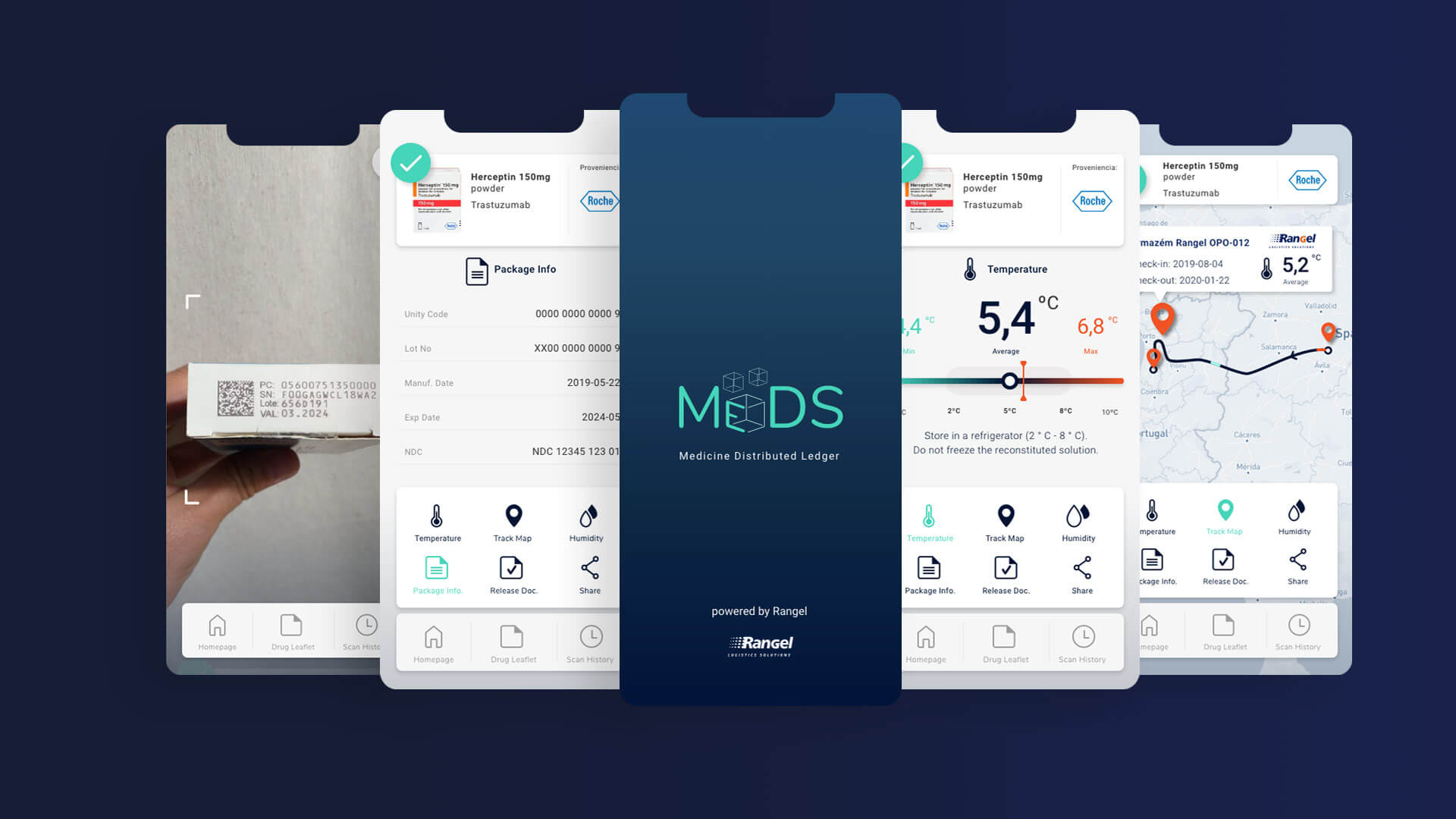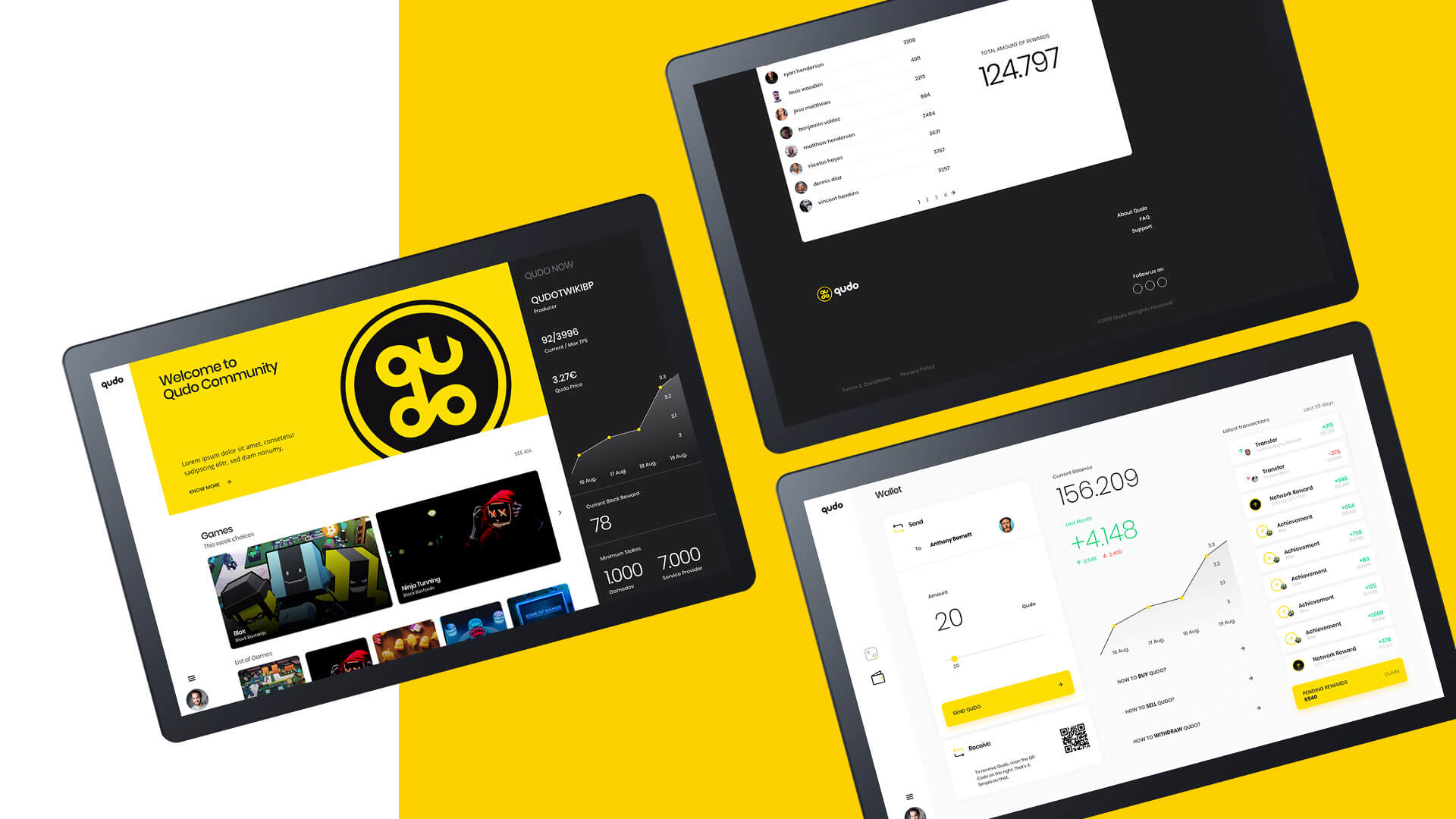How it Works
Blockchain is decentralized, distributed, immutable, and based on consensus technology that can improve the reliability of information and the ability to automate, thanks to the smart-contract concept. Technologically, a (public) Blockchain is a decentralized network – anyone can participate and contribute to it with their own resources/computers – where all participants store and process information grouped in blocks (Block) and consequently linked in a permanent, immutable and in many cases transparent way (there are Blockchains that are an exception to the rule and promote privacy).
Blockchain has no central authority and this is the very definition of a democratized system. Since it is a shared and immutable ledger, the information is available for anyone to see. For this reason, anything built on the Blockchain is considered transparent, as everyone involved is accountable for their actions.
This cutting-edge technology is used in the financial sector as a digital currency, but it can be used in various areas, such as insurance in claims processing, supply chain, personal identification, legal, certificate support, or even as an added value to a reward and loyalty system.
OTHER TECHNOLOGIES
SKILLS & COMPETENCES
SOFTWARE DEVELOPMENT
SOFTWARE ENGINEERING
UX/UI DESIGN
















